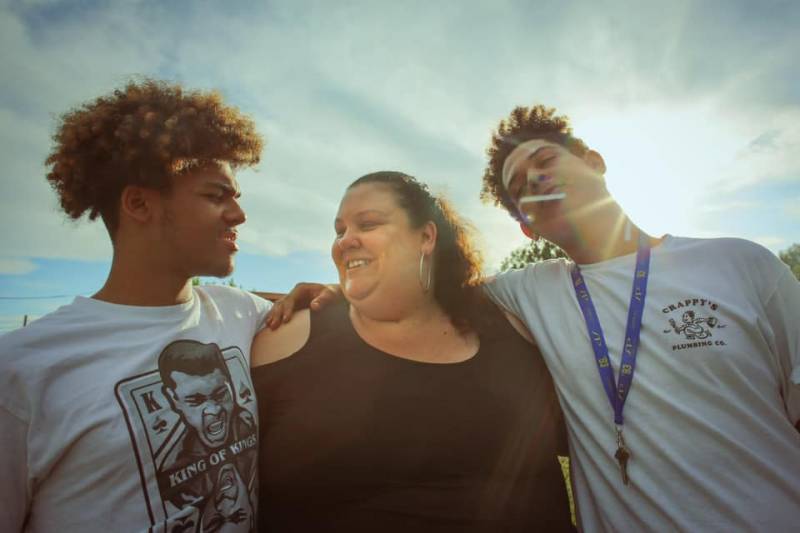Thousands of Californians are struggling to pay their bills during one of the nation’s worst health crises, which has wiped out millions of jobs and left many businesses hobbling. But despite their financial hardships, many are being asked to pay their debts or have their wages garnished in the middle of a global pandemic.
Richard Gonzales works as a mechanical engineer in San Jose. Before the pandemic hit, he was using the extra money he made to pay for continuing education classes. But since May, he’s been furloughed.
“I just went back to work a couple weeks ago,” Gonzales said. “And that’s on a day-by-day basis at this time.”
Gonzales is afraid he’ll get laid off. He wasn’t able to pay his rent while he was furloughed, but San Jose and many other cities in the Bay Area have eviction moratoriums in place, which prohibit landlords from evicting their tenants if they can’t pay rent due to financial hardships brought on by the pandemic.
San Jose’s moratorium ends on Aug. 31, and Gonzales’ landlord has already threatened to evict him if he doesn’t pay his back-rent.


